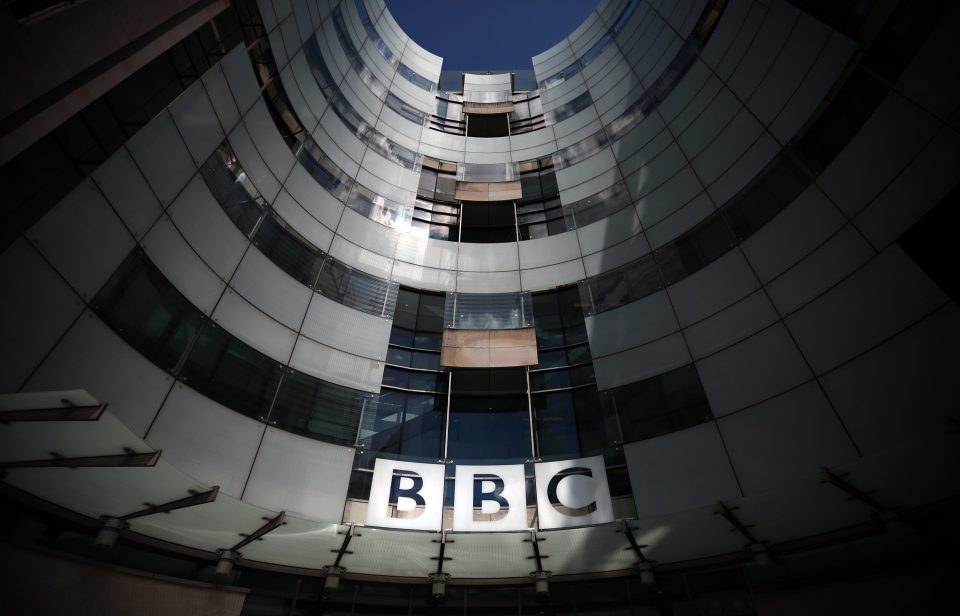Hologram viewing could be the future of entertainment after BBC trials new Star Wars style TV
A BBC spokesman said viewing hologram TV at home might not be far away

THE BBC are trialling a holographic TV device which creates images like the one used of Princess Leia in the original Star Wars film.
Experts at the broadcaster created a “low-fi” and “low-cost” machine that creates the effect of “floating images”.
The BBC has carried out the project to explore how such technology “might be used to view BBC content in the future”.
One of the most iconic scenes in the 1977 Star Wars film was the flickering holographic image of Princess Leia’s message to Obi-Wan Kenobi.
It contained the famous line: “Help me Obi-Wan Kenobi you’re my only hope”.
The BBC’s machine used a flat-screen TV, an acrylic pyramid, as well as some “theatre tricks” to create the sense of a holographic TV.
A small group of viewers that tested the new device claimed it would work well on areas such as wildlife shows as well as dramas and concerts.
The BBC used images such as a beating human heart and a walking dinosaur in the test.
related stories
Cyrus Saihan, head of digital partnerships at the BBC, said: “Although the famous Princess Leia hologram from Star Wars was set a ‘long, long time ago’, this type of audience experience might not be that far away.”
The BBC worked with a visual effects company which “tweaked” and “formatted” footage to make it as life-like as possible on the device.
One of the members of the public who tried the device, said: “It was nice to see it as well in the different angles as you moved around the object.
“It would work very well with wildlife, because it brought it to life. You felt as if the animal was coming toward you and you could maybe touch it.”
But one added: “I think it was better from a distance than close up.”
BBC man Saihan added: “We wanted to see whether holographic effects could be used to bring our TV footage to life and whether in the future audiences might be attracted to the concept of a holographic TV.”
He said holographic TVs “could become a feature of living rooms in the future”.














